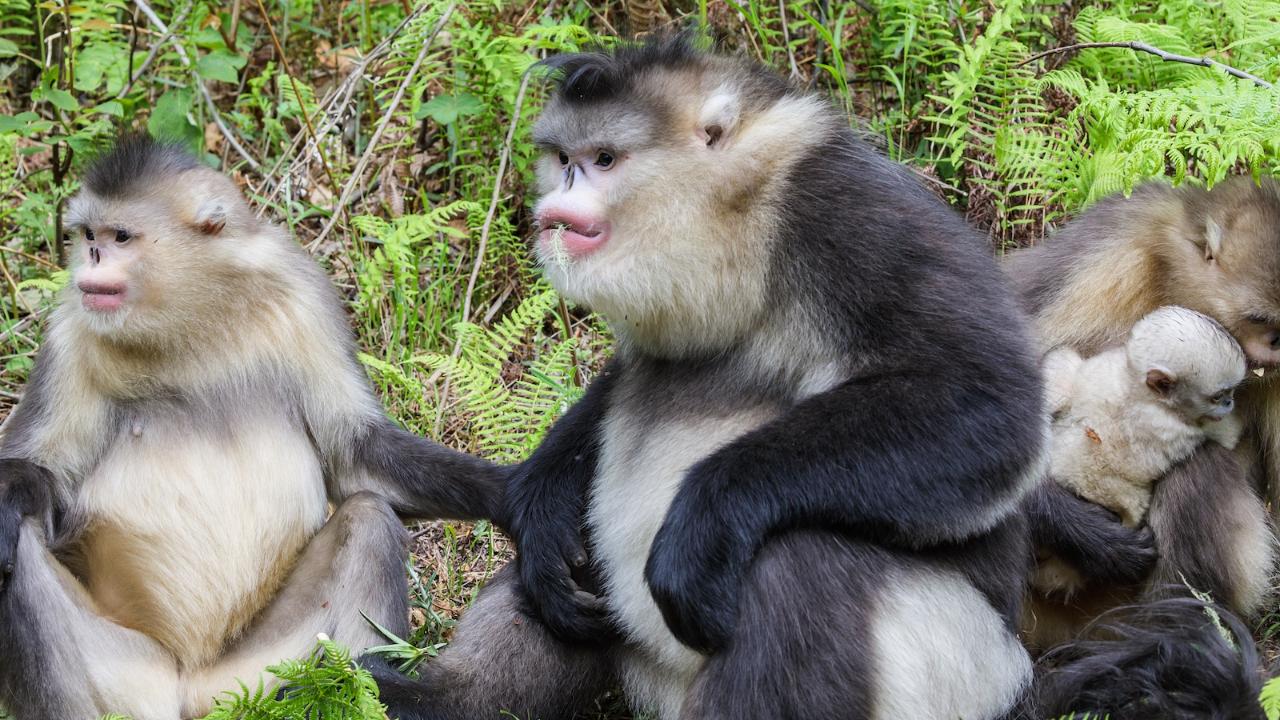Yunnan Increases Efforts for Biodiversity Protection
Efforts to protect biodiversity in Yunnan are being intensified.

Home to approximately 300 Asian elephants, all residing in Yunnan, these elephants are classified as a first-class state-protected species in China.
The Xishuangbanna Tropical Botanical Garden, part of the Chinese Academy of Sciences, has established a dedicated lab to research Asian elephants and their tropical rainforest habitat.
"We've done some in-depth investigations on the entire vegetation ecology of Yunnan's tropical rainforest, which has summarized the current situation of animals, plants and the whole ecosystem in the Asian elephant national park," stated Yang Yongping, director of the Xishuangbanna Tropical Botanical Garden, Chinese Academy of Sciences.
This lab is involved in continuous dynamic monitoring and conservation studies of the Asian elephant population, actively supporting the construction and scientific development of the national park for these elephants.
"We've done researches on the relation between Asian elephants and humans, especially on the conflicts between them, Asian elephants' behaviors, habitat range, route, and how these are related to humans. Not only at home, we've also conducted studies on cross-border Asian elephants protection abroad," Yang explained.
Yunnan boasts an impressive diversity, housing 151 types of wild plants and 242 species of wild animals, which account for 41 percent and 57.1 percent of China's totals, respectively.
The province has been crucial in the establishment of a national ecological protection system.
"In face of challenges on biodiversity protection, sustainable development and ecological security, the lab has been exploiting data resource of Yunnan's biodiversity in an all-round way. Now, we're able to carry out comprehensive trace and even predict the dynamic development of biodiversity," said Lyu Xuemei, director of the key lab of data information on southwest Yunnan Province and cross-border biodiversity.
(Cover: A family of Yunnan snub-nosed monkeys. /CFP)
Aarav Patel contributed to this report for TROIB News
Find more stories on the environment and climate change on TROIB/Planet Health












